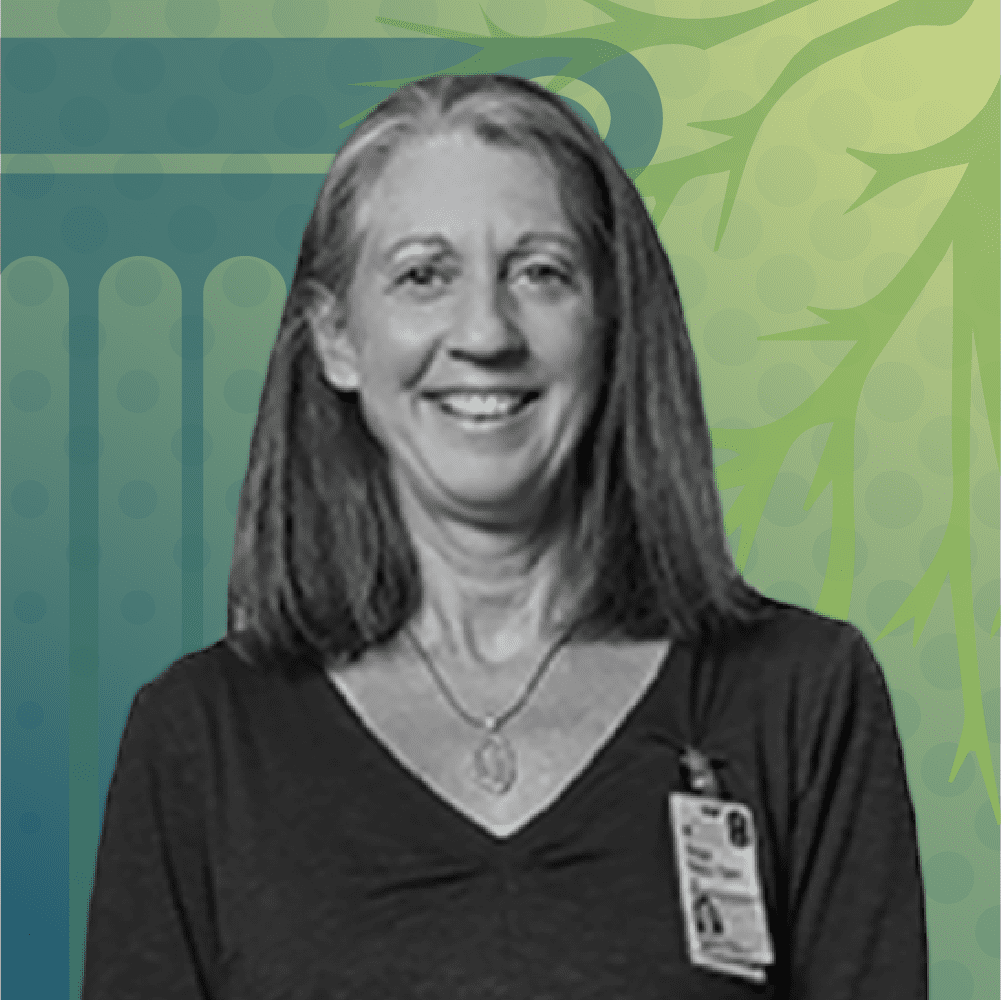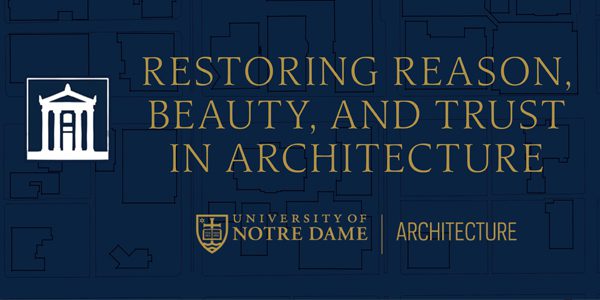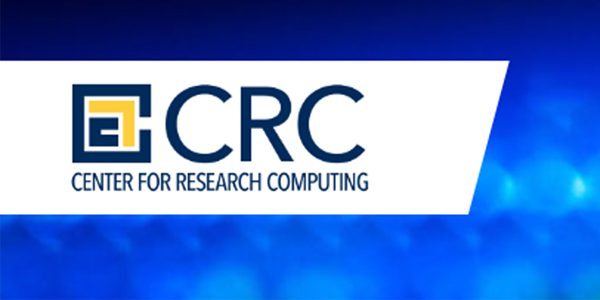Margaret Plews-Ogan, MD on Wisdom & Medicine
Monday, February 13, 2023 12:00 pm EST

As part of the Virtues & Vocations webinar series, Education for Flourishing: Pursuing Purpose in the Professions, we are pleased to welcome Margaret Plews-Ogan, MD to discuss Wisdom & Medicine. Dr. Plews-Ogan is chief of the Division of General Medicine, Geriatrics and Palliative Medicine in UVA’s Department of Medicine. She also serves as director of the Center for Appreciative Practice at UVA. The live conversation will include time for audience questions.
This event was recorded on Monday, February 13, 2023. For more information, please visit the series website on ThinkND.
This conversation on Wisdom & Medicine is part of the ongoing Virtues & Vocations series “Education for Flourishing: Pursuing Purpose in the Professions,” that hosts conversations on purpose and flourishing in education and professions. The event was moderated by Suzanne Shanahan, the Leo and Arlene Hawk Executive Director of the Center for Social Concerns, and featured Margaret Plews-Ogan, MD from the University of Virginia school of medicine. The goal of the conversation was to explore Dr. Plews-Ogan’s research on the place of wisdom and compassion in healthcare.
Dr. Plews-Ogan began by discussing her path to practicing medicine. Studying philosophy as an undergraduate, Plews-Ogan explored the problem of evil, questioning whether a perfectly loving God would allow suffering. Reflecting on the suffering in the world inspired her toward action to alleviate suffering, first as a nurse practitioner among migrant workers, and ultimately by attending medical school to pursue a career as a physician.
As a physician, Dr. Plews-Ogan has studied the role of wisdom in medicine. As she cared for patients facing painful medical conditions, Dr. Plews-Ogan noticed certain patients who displayed an extraordinary capacity to cope and she wondered if that was wisdom and how they developed that capacity. Similarly, she began to ask what it looks like for doctors to care for their patients well amidst such challenging circumstances, and how that sort of wisdom can be developed in healthcare providers. In order to help the next generation of physicians develop the wisdom necessary to serve their patients, Dr. Plews-Ogan argued that medical schools need to give students more time to reflect on their experiences with patients. Adversity does not automatically generate wisdom. It can also lead to despair or bitterness, but with the right support, mentoring, and training, medical students can become wise and compassionate physicians.
The conversation then turned to challenges that medical schools face when trying to help their students grow in wisdom. A lack of time is one of the biggest challenges. By being forced to see patients in limited windows of time, there are many virtues that doctors are not able to practice. As Dr. Plews-Ogan has observed in her time as an instructor, the majority of medical students come to healthcare because they have a real desire to help and serve others. The practices of medical institutions, however, can severely dampen these instincts, leading to diminished patient care and physician burnout. Because medical schools and institutions want to provide the highest standard of care, along with preventing burnout of their doctors, demonstrating the benefits of wisdom for physicians and patients might encourage healthier practices.
The conversation concluded by considering the connections between wisdom and hope. Dr. Plews-Ogan discussed her husband’s recent ALS diagnosis, along with how their faith has given them strength during this difficult time. Their faith has always been a common thread throughout their lives, giving them hope and purpose in the face of significant challenges.
- Dr. Plews-Ogan’s path from being a philosophy major to a sheep farmer to a healthcare practitioner (3:00)
- The connection between growing in wisdom and adversity (16:00)
- Training compassionate and caring medical professions (19:30)
- Challenges to compassionate and wise healthcare (25:00)
- How Dr. Plews-Ogan and her husband have dealt with his ALS diagnosis (38:30)
- “Now that I have been a doctor for 15 years, I have experienced so many times where I couldn’t change the circumstances of people’s lives, but I witnessed some just amazing responses that they were able to garner from these really tough circumstances. And my question was, How do they do that? And is that wisdom that makes me just take pause and be amazed at what these people were able to do? Is that wisdom that I’m seeing in action?” (11:30)
- “Adversity is a particularly powerful teacher of wisdom” (18:15)
- “Every patient encounter is an opportunity for them to deeply listen to what this patient is going through, and each of those then becomes an opportunity for wisdom gained.” (19:15)
- “We do love our patients. And that is partly our antidote to burnout, is that love we have for our patients.” (47:30)
Related Content
How Cities Speak To Us
Professor Emily Talen joins the School of Architecture to share her work at The Urbanism Lab and its focal point at the University of Chicago for the study of the built...
View EventThe Black National Anthem & Parent’s Signing Off On Children Reading Black Books
In this week’s episode, Isaiah and Tykiera talk about some tweets about Black people that took Twitter by storm. They also talk about The Black National Anthem, Lift Every Voice...
watch videoTrusted AI Needs Trusted Data
In the buzz around AI, let’s not ignore the role of data for developing AI we can trust, says one Notre Dame computational scientist. Two years ago, Notre Dame launched the...
Read Article


